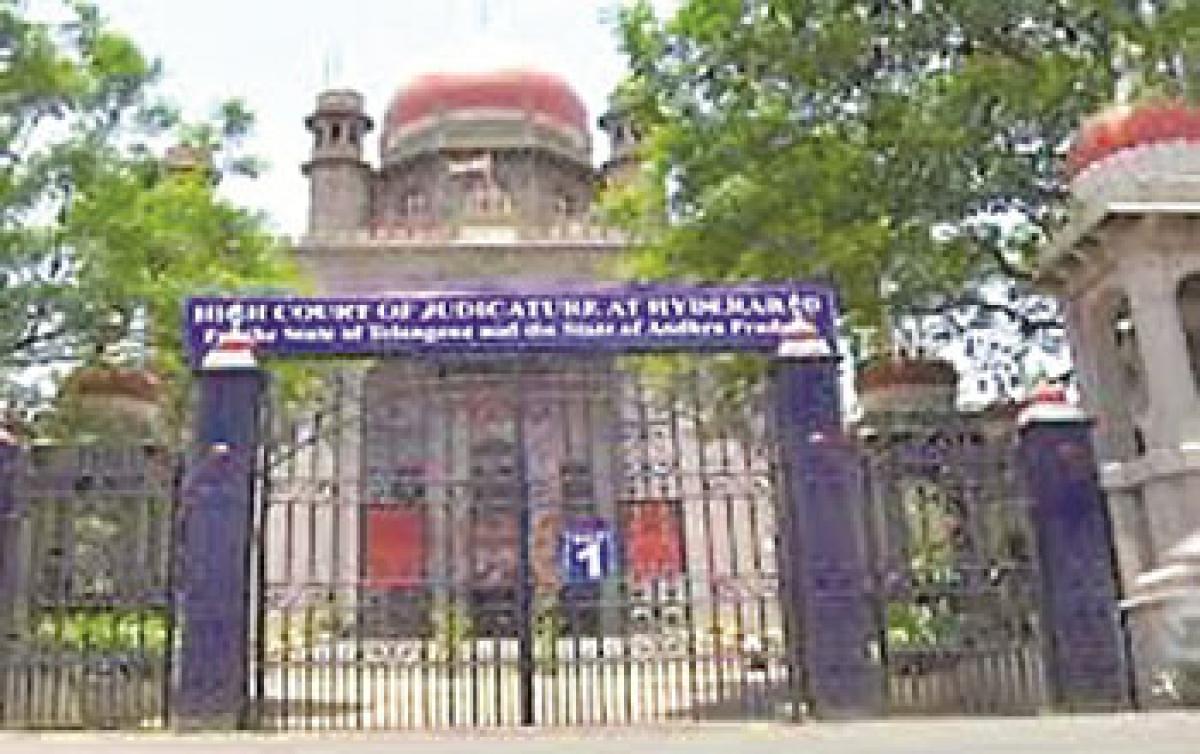Just In
Police cannot shirk responsibility of registering cases: HC

8 Dec 2015 9:16 AM IST

x
Highlights
Justice P V Sanjay Kumar of the High Court at Hyderabad on Monday disposed of a writ petition on the question of the police of the twin states of Telangana and Andhra Pradesh in not registering complaints. The judge was dealing with a writ petition filed by V Mahindra and three others. The petitioners complained that the police were not registering their complaint.
.jpg) Justice P V Sanjay Kumar of the High Court at Hyderabad on Monday disposed of a writ petition on the question of the police of the twin states of Telangana and Andhra Pradesh in not registering complaints.
Justice P V Sanjay Kumar of the High Court at Hyderabad on Monday disposed of a writ petition on the question of the police of the twin states of Telangana and Andhra Pradesh in not registering complaints. The judge was dealing with a writ petition filed by V Mahindra and three others. The petitioners complained that the police were not registering their complaint.
The judge directed the Director General of Police of both states to implement law laid down by the Apex Court in true letter and spirit in registration of complaints in cognizable and non-cognizable offences. “If the information received does not disclose a cognizable offence but indicates the necessity for an inquiry, a preliminary inquiry may be conducted only to ascertain whether a cognizable offence committed or not.
The preliminary inquiry should be made time-bound and in any case it should not exceed seven days and the police authorities are bound to follow the due procedure laid down in Section 155 Cr PC while conducting inquiry,” the judge said.
“In cases where the preliminary inquiry ends in closing the complaint, a copy of the entry of such closure must be supplied to the first informant forthwith and not later than one week disclosing the reasons in brief for closing the complaint,” the judge added.
“A police officer cannot shirk his duty of registering a FIR if a cognizable offence is disclosed. The judge recalled that the Supreme Court held that action must be taken against erring officers who failed to register the FIR after receiving information disclosing a cognizable offence,” the judge observed.

Next Story
More Stories
ADVERTISEMENT
© 2024 Hyderabad Media House Limited/The Hans India. All rights reserved. Powered by hocalwire.com






